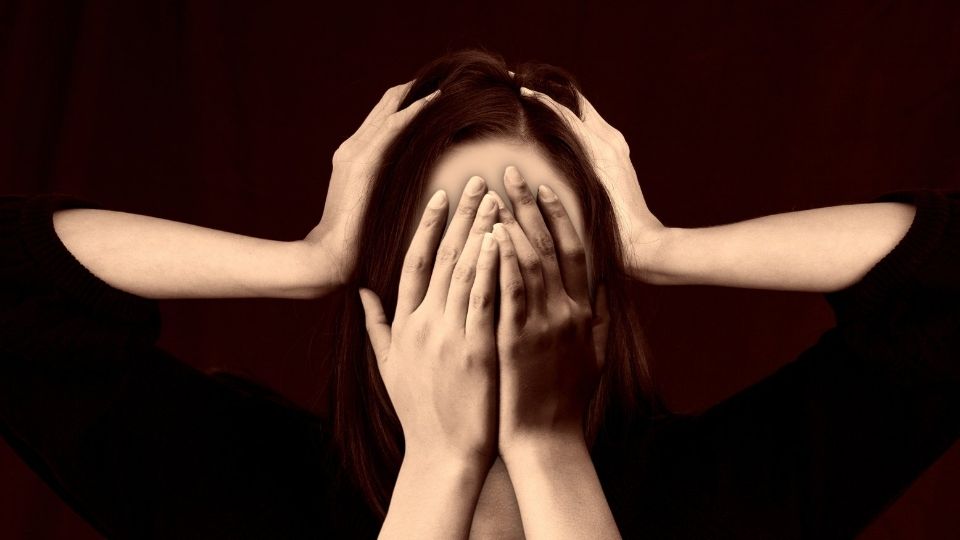
Mood Disorders
A mood disorder is a mental health disorder that affects an individual’s emotional state. A person may experience long periods of extreme happiness, sadness, or both. Symptoms must be present for several weeks or longer. Mood disorders can also cause changes in your behavior and affect your ability to function at work or school. Two of the most common mood disorders are depression and bipolar disorder.
Mood Disorder Q & A
What is the difference between Depression and Bipolar Disorder?
Bipolar disorder — formerly known as manic depression — leads to extreme mood swings. You can experience emotional highs (mania or hypomania), then fall to severe depressive lows with almost no warning. Since bipolar disorder is complex, it can stem from many different factors including:
- A family history of bipolar disorder
- Episodes of high stress or trauma
- Drug or alcohol abuse
- Brain abnormalities or neurotransmitter imbalances
Understanding early warning signs and symptoms of bipolar disorder is important, especially if you have a family history of it. While no cure exists, the condition can certainly be managed with the help of a qualified psychiatric medical professional.
How can I tell if I have bipolar disorder?
Bipolar disorder leads to distinct signs and symptoms that can vary from each episode. During a primarily euphoric or irritable mood (which may present as urges of physical aggression), you may notice:
- Feeling jumpy, wired, or overly upbeat
- Racing thoughts or being easily distracted
- Poor decision making or impulsiveness
- Decreased need for sleep
But when the high stages wind down and you start slipping into a major depressive episode, you could experience:
- Feeling sad, unhappy, or empty
- Insomnia or sleeping too much
- Restlessness or slowed behavior
- Fatigue or loss of energy
Sometimes men and women who have bipolar disorder also have anxiety, attention deficit hyperactivity disorder (ADHD), psychosis, or other mental health condition that worsens bipolar disorder symptoms.
What is the treatment for mood disorders?
Treating bipolar disorder typically involves having a thorough medical and mental health evaluation with Chelsey at Intrepid Mental Wellness. As a skilled psychiatric nurse practitioner, Chelsey is an expert at recognizing bipolar disorder symptoms and finding effective medications, which can include:
- Mood stabilizers
- Anti-anxiety medications
- Atypical antipsychotics
Antidepressants are also an option, but Chelsey uses them with caution because antidepressant use without good mood stabilization can worsen symptoms and increase the risk of manic episodes.Finding the right medication to manage bipolar disorder often takes some trial and error and changes to dosages. And Chelsey understands that side effects, such as weight gain, are always a concern. That’s why she chooses medications for her patients that have the lowest risk of side effects.
Visiting with Chelsey regularly and taking your medication exactly as prescribed can help stabilize your moods over time. Chelsey collaborates with your team of mental health practitioners and medical doctors to ensure your medication and treatment plan works to improve your quality of life.
Offering Services
Eating Disorders



